Emily Watson interview: What it meant to play the mother of a 7/7 victim in A Song for Jenny
'She had gone right to the edge of life and looked into the abyss', the Bafta-winner tells Gerard Gilbert
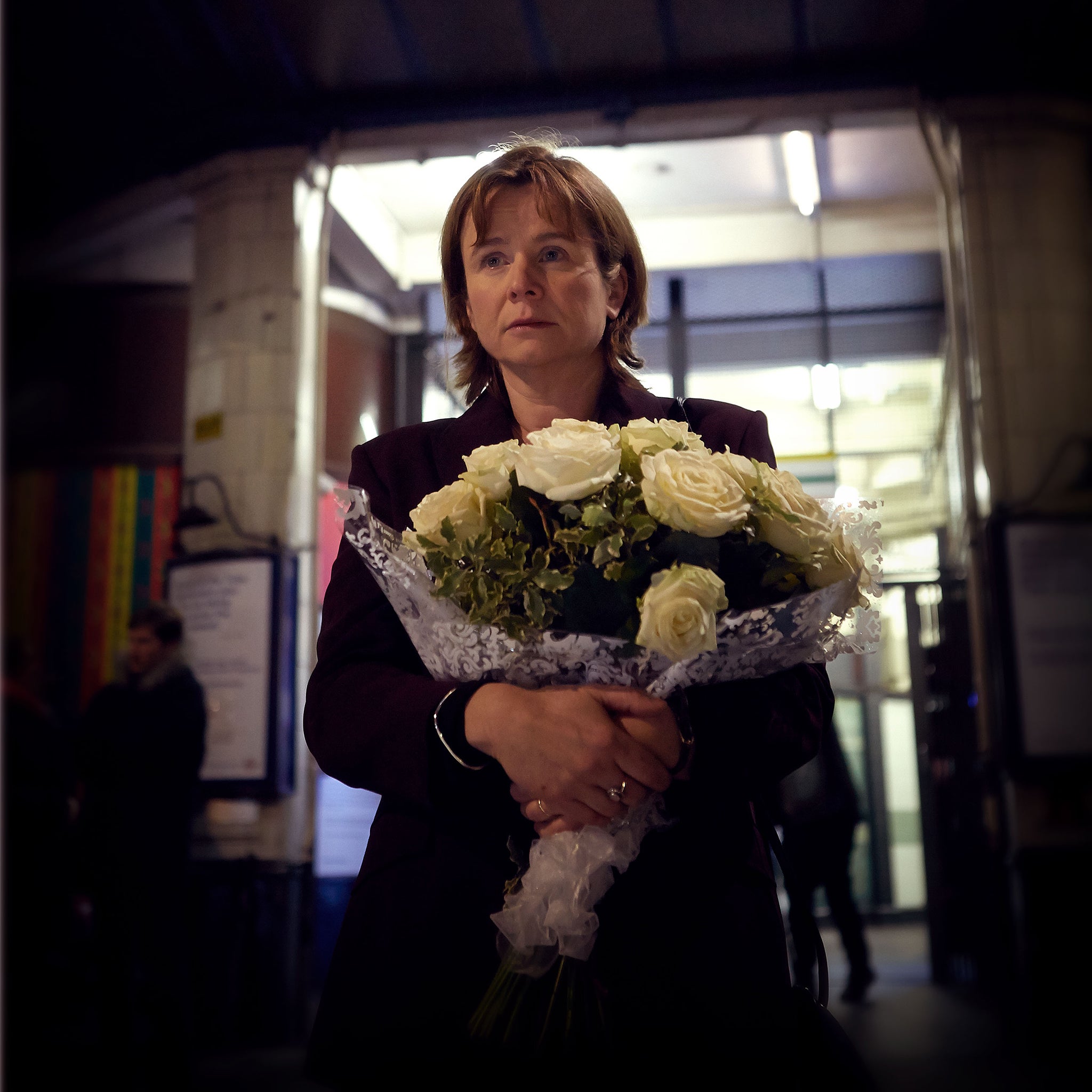
Your support helps us to tell the story
From reproductive rights to climate change to Big Tech, The Independent is on the ground when the story is developing. Whether it's investigating the financials of Elon Musk's pro-Trump PAC or producing our latest documentary, 'The A Word', which shines a light on the American women fighting for reproductive rights, we know how important it is to parse out the facts from the messaging.
At such a critical moment in US history, we need reporters on the ground. Your donation allows us to keep sending journalists to speak to both sides of the story.
The Independent is trusted by Americans across the entire political spectrum. And unlike many other quality news outlets, we choose not to lock Americans out of our reporting and analysis with paywalls. We believe quality journalism should be available to everyone, paid for by those who can afford it.
Your support makes all the difference.As I’m waiting to interview Emily Watson the publicist tells me that the actress’s father died just a few days earlier – the request to inform me of this fact coming from Watson herself, in case I thought her behaviour to be “strange”. I’m a bit surprised that she still wants to go ahead – “it’s only marketing” as Watson will tell me later in a different context – but the 48-year-old star of Breaking the Waves, Hilary and Jackie, Angela’s Ashes and The Book Thief seems determined to keep our appointment.
What’s more is that we’re here to discuss grief – her simulated grief in a new BBC drama to commemorate the London bombings of 2007. In A Song for Jenny, Watson plays Julie Nicholson, whose daughter Jenny was killed at Edgware Road Underground station. Adapted from Nicholson’s own account of the tragedy by playwright Frank McGuiness, this finely judged film follows Nicholson, who was a Church of England vicar at the time of 7/7, through her grieving and subsequent loss of faith – because she couldn’t forgive those who had taken her daughter’s life.
“It [the bombing] was an act of religious-based hatred – and she lost her faith – and yet... I come away from it with a most incredibly profound respect for her as a moral human being,” says Watson. “She had gone right to the edge of life and looked into the abyss.”
The same could be said of Watson, who does indeed have the raw, shell-shocked look of someone still fresh from personal tragedy. The eyes that meet mine are, however, clear and unwavering. Her mother, Katherine, died in 2010 while Watson was flying back, on learning of her mother’s sudden illness, from Australia (where she had been filming Oranges and Sunshine). The death of her father, architect Richard Watson, was, she says, less of a surprise.
How, I ask, returning to her performance in A Song for Jenny, does she act grief? Does she access her own private sadness?
“It’s not so much so much accessing my own moments of sadness,” she says, followed by a long pause. “Sometimes that’s there and it feels like it comes in because you open that door and it’s suddenly there, but it’s really the power of imagination... if you imagine something strongly enough it feels real.”
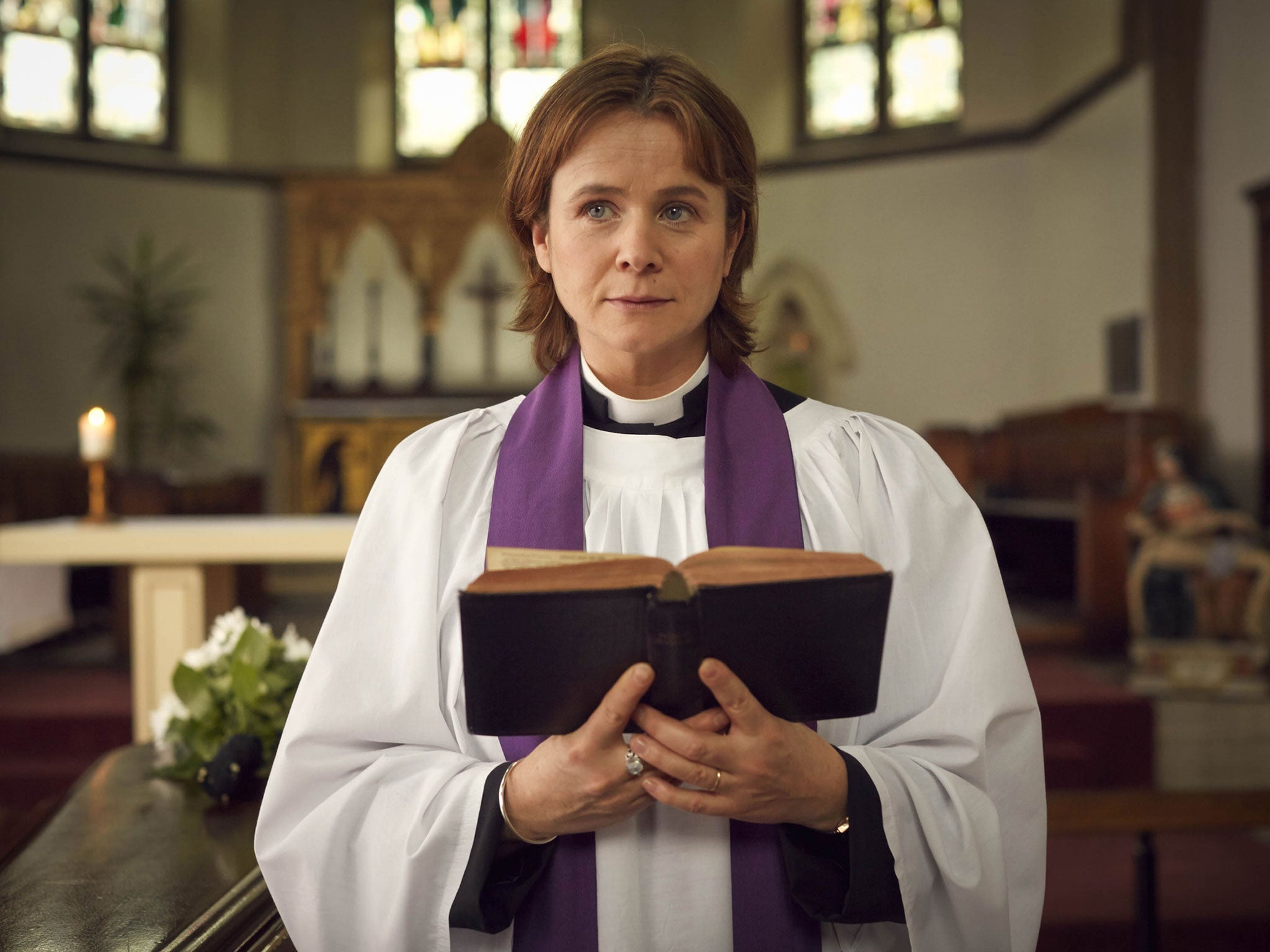
So she is “in the moment” ? “Yeah, and in a way it wasn’t so hard to do because it was just so awful. We go from the minute that she hears something has happened, and there were probably millions of people in that situation who couldn’t reach somebody, and over the day that group of people diminished and diminished and diminished until it was in the hundreds probably; and those people then had this whole thing playing out in the national consciousness... worldwide actually... on every TV screen... over and over and over...”
Does Watson remember what she was doing on the morning of Thursday, 7 July 2005, when 52 people were murdered on London’s transport system?
“I was in London and I was six-months pregnant and about to go and get on the Tube, but just heard on the radio before I went out that something was happening so we thought we’d just check the news. I just remember that moment when you heard there’d been an explosion on a bus and you knew that this was a deliberate act – a very chilling moment.”

Watch Apple TV+ free for 7 days
New subscribers only. £8.99/mo. after free trial. Plan auto-renews until cancelled

Watch Apple TV+ free for 7 days
New subscribers only. £8.99/mo. after free trial. Plan auto-renews until cancelled
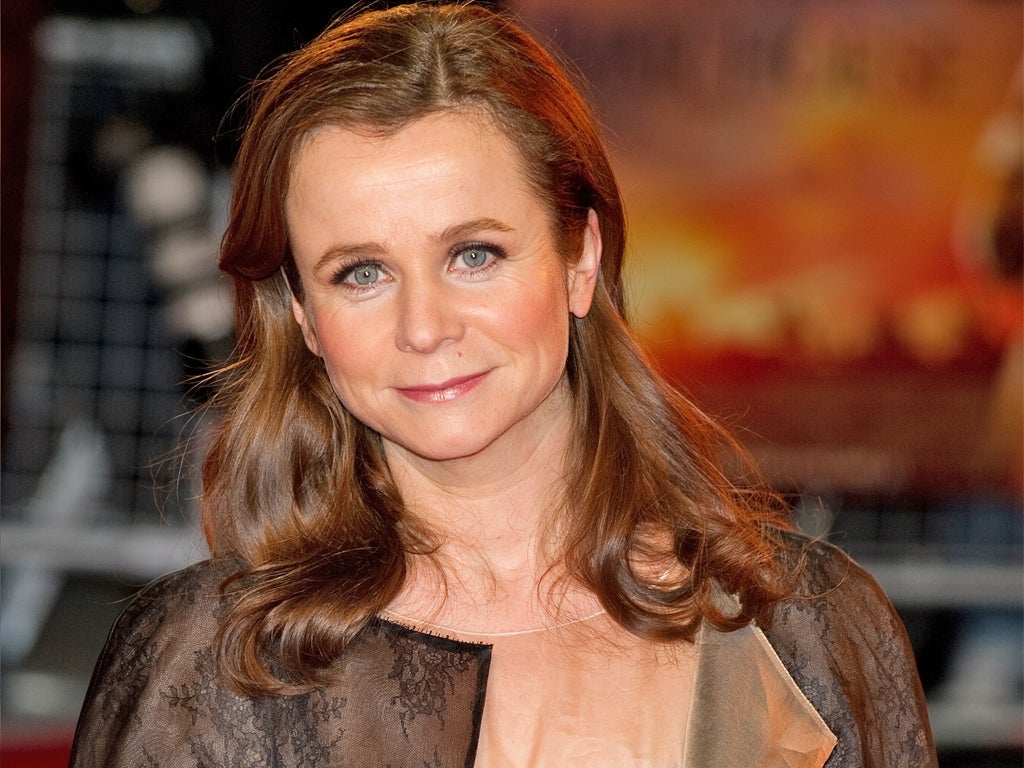
Watson lives in south-east London with her husband, writer Jack Watson, whom she met while at the Royal Shakespeare Company, and their children, Juliet, nine, and Dylan, six. Her own childhood was spent in Islington and then all over west London, her parents (“lifelong followers of all things spiritual”) sending her to St James Independent School in London, which was run according to the principles of the Hindu philosophical system Advaita Vedanta. A 1984 book, Secret Cult, by London Evening Standard reporters Peter Hounam and Andrew Hogg, accused the school of using mind-control methods, while a 2005 independent inquiry into allegations of mistreatment of pupils found that children had been criminally assaulted there.
“It was experimental, had a lot of problems, but it was a long time ago now and it’s a changed place,” says Watson, who witnessed but didn’t directly experience the mistreatment. “In a way those things come and make you as well, don’t they?” After university at Bristol, where she studied English but gravitated towards the drama clubs, she went on to study acting at the Drama Studio London.
“Then got into fringe-y stuff and just really went from there,” she says with considerable understatement since what she’s talking about is stepping directly into the lead role – after Helena Bonham Carter “got cold feet” – in one of the most controversial films of the 1990s, Lars von Trier’s Breaking the Waves, the proto-Dogme 95 movie that would win Watson an Oscar nomination for her very first film role.
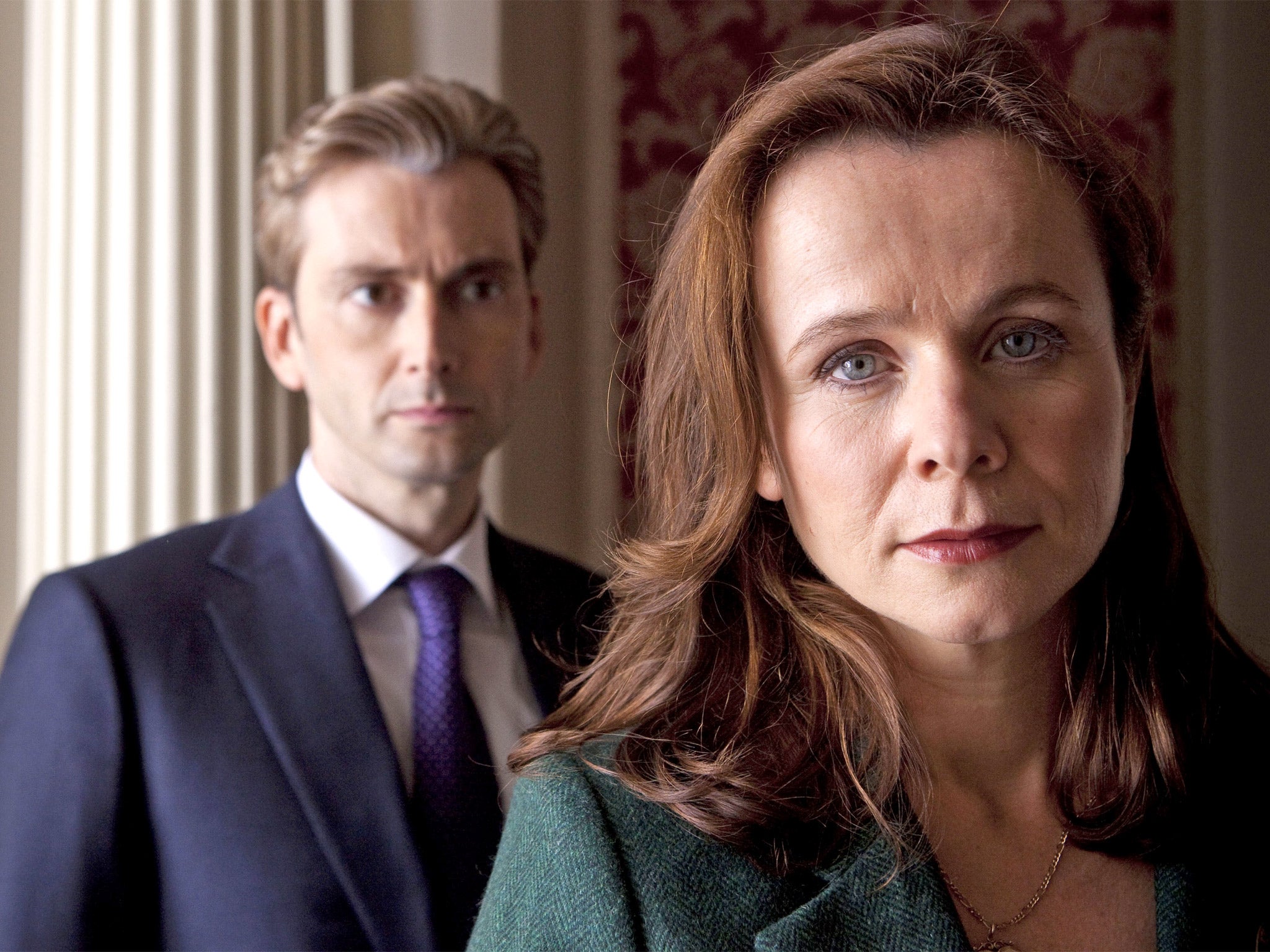
She played a young woman in a remote Scottish community who submits to sexual degradation out of love for her paralysed husband and because she believes in God’s will – a role that required nudity and graphic sex scenes. Was this something she took in her stride because she was young?
“Yes, in a way, but I didn’t find it easy,” she says. “I wasn’t comfortable but I did it because I wanted to give myself completely to this role. It was an absolute life-changing thing for me: artistically because it was an experience where I could really enter into something very fully and inhabit it. And for Lars, it was also a changing point in his career. It was the first time that he’d really thrown himself into something in that way.
“I was very naïve – I’d never made a film so I didn’t know why this was different from other things, but evidently it was. It just completely put me on the map. I was an actress in demand after that.”
In fact Watson remembers visiting Hollywood soon afterwards with her London agent, “and she sat down with an A4 pad with a long list of things that I had been offered and we just sat there and got hysterical giggles. A lot of it was incredibly come-hither... come to Hollywood earn a lot of money... but I just instinctively knew that to preserve any sense of myself I had to follow work that I felt was worthwhile and interesting.”
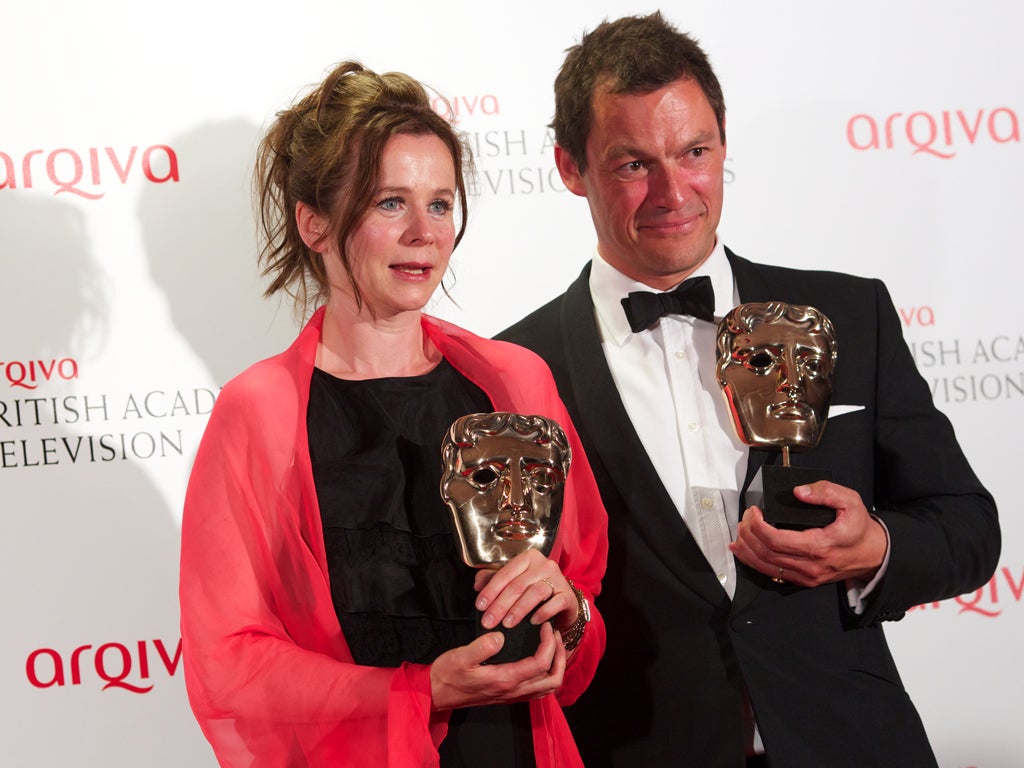
The rush of worthwhile and interesting films that followed over the next five years included The Boxer (opposite Daniel Day-Lewis), learning how to look convincing as she played the cello in the Jacqueline du Pré biopic Hilary and Jackie, Robert Altman’s Gosford Park, Angela in Angela’s Ashes, and a blind would-be murder victim in the Silence of the Lambs prequel Red Dragon.
“Unbeknownst to me I was also sort of building a brand,” she says. “That’s a horrible thing to say, I don’t mean a brand – you’re just building a reputation by doing certain kind of work and people respect that. It leads to other work, I guess.”
There were arguably missed opportunities along the way, such as turning down Amélie, which had been specifically written with Watson in mind (“I don’t speak French and I just had an instinctive feeling that I would make an utter tit of myself”), which made a star of Audrey Tautou. However, interesting directors have continued to seek her out, including Paul Thomas Anderson for his 2002 romantic comedy Punch-Drunk Love co-starring Adam Sandler (“he was very tickled by the idea of putting me and Adam in a room together”) and Charlie Kaufman’s directorial debut, Synecdoche, New York. “A deeply baffling film,” she says, but a project she especially cherishes for the chance to have done some “real work” with the late Philip Seymour Hoffman.

Her CV is littered with awards and nominations, including an Olivier Award for her stage performance in Uncle Vanya at the Donmar and a Bafta for Appropriate Adult, in which she played an inexperienced charity-worker employed to sit in with serial killer Fred West during his police interviews.
While admitting that “it’s great” to be recognised for your work, Watson is also realistic about the whole awards system. “It’s part of how the industry works, it’s how they generate audiences for movies,” she says. “So the list of awards is nice, but it’s also marketing.”
This year she was awarded the OBE, being presented with the honour by Prince Charles. Did she tell the Prince of Wales that she was playing his grandmother (Elizabeth, the late Queen Mother) in this year’s A Royal Night Out? “I didn’t actually, no; he said, ‘what are you up to?’ I just said I was just ‘at home being a mum at the moment’.
“It feels almost spiteful sometimes this job; I’m in my late forties, I’ve been given an OBE for my services to drama, and I still don’t know where my next job’s coming from.” Surely not, I reply. “Of course I’m fine and there’s going to be work but it is such a kind of renegotiating the whole deal every few months.”
September sees the release of Everest, the 3D movie about an ill-fated 1996 Mount Everest expedition, which co-stars Jake Gyllenhaal and Keira Knightley, while she hopes to play Constance Wilde in her Royal Night Out co-star Rupert Everett’s Oscar Wilde biopic whenever that emerges. There’s also a BBC adaptation of Ronald Harwood’s The Dresser, with Ian McKellen and Anthony Hopkins. Does she think there will come a time when she might like to give it all up?
“Maybe depend on it less,” she says. “I love it and it’s how we keep food on the table, so it’s a necessity that we keep going. John and I have a pottery at the end of our garden and we’d like to do more of that and less living out of a suitcase.”
And less of having her name confused with that of Emma Watson? “Who’s Emma Watson?” she says, and I start saying things like “you know, Harry Potter...” before I notice her looking at me with a half-smile. “A joke,” she says. And in the circumstances, I’m glad to hear it.
‘A Song for Jenny’ is on BBC1 on Sunday 5 July
Join our commenting forum
Join thought-provoking conversations, follow other Independent readers and see their replies
Comments